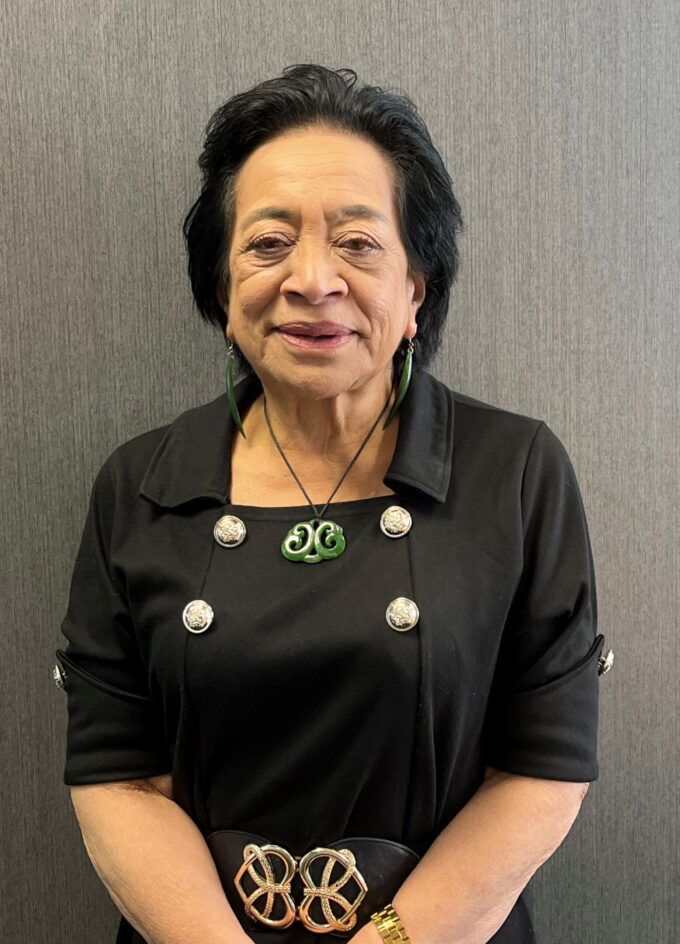
NZSTA President Lorraine Kerr, MNZM
<h2>Government plans for an equity-based school funding model will put high needs tamariki first and make the stigma attached to low-decile schools a thing of the past, says an &#8216;optimistic&#8217; New Zealand School Trustees Association President, Lorraine Kerr. </h2>
<p>&#8220;Funding decisions should come down to the particular learning and support needs of a school&#8217;s students, not the occupations and incomes of local households, which is essentially what we have at the moment.</p>
<p>&#8220;Many low-decile schools are getting little or no support, while high needs students from decile 9 or 10 communities are also missing out because their school is off the funding radar. Decile-based funding just doesn&#8217;t cut it,&#8221; says Kerr.</p>
<p>&#8220;A decile-based funding model simply doesn&#8217;t recognise or address the basic funding needs of Aotearoa schools and kura.&#8221;</p>
<p>In School News term 2 issue Belmont Primary School Principal Bruce Cunningham makes a similar point. In an interview last month, he asked why equity was proving so hard to implement, telling School News, &#8220;I do have a solution: Fund every school at the same formula as a decile 1A school. Wouldn&#8217;t that be great?</p>
<p>&#8220;Then we would all have equity. This is what the government wants. No excuses. The government wants equity, well here is their chance.&#8221;</p>
<figure id="attachment_22956" aria-describedby="caption-attachment-22956" style="width: 300px" class="wp-caption alignnone"><img class="size-medium wp-image-22956" src="https://www.schoolnews.co.nz/wp-content/uploads/2022/05/Bruce-Cunningham-Term-2-2022-2-e1653869084983-300x200.jpg" alt="" width="300" height="200" /><figcaption id="caption-attachment-22956" class="wp-caption-text">Belmont Primary School Principal Bruce Cunningham called for the decile system to be scrapped.</figcaption></figure>
<p>Kerr says the current funding model has also created a name-and-shame culture in our school system, with low decile ratings often being mistaken for a sign of poor performance or behavioural problems in a school.</p>
<p>&#8220;At NZSTA, we provide advice, support and training for about 2,500 school boards across the country, and there&#8217;s no connection between decile ratings and the quality of the school or its teachers &#8211; they&#8217;re just a meaningless number.&#8221;</p>
<p>Kerr says she is encouraged by the Government&#8217;s Budget 2022 commitment of $80 million-a-year to replace the nearly-30-year-old school funding model based on deciles &#8211; a quantitative measure of a school community&#8217;s socioeconomic status. She is calling on authorities and leaders across education to start work on a more equitable solution.</p>
<p>&#8220;Now it&#8217;s down to us to work together; to uphold the values we all share of equity and fairness in education; and to support our high needs tamariki to succeed.&#8221;</p>
<p>Read Bruce Cunningham&#8217;s &#8216;Principal Speaks&#8217; article in School News Term 2 issue online: <a href="https://issuu.com/multimediaau/docs/snnz57-term_2-2022/8" target="_blank">https://issuu.com/multimediaau/docs/snnz57-term_2-2022/8</a></p>
<p> ;</p>

NZEI Te Riu Roa is considering legal action against the government for the disestablishment of…
NZQA is implementing AI-marking for all Year 10 written assessments from this year onwards, following…
Teaching personal financial responsibility isn't enough. Children should be taught broader economic context, argue New…
When students can't hear the teacher, they can't learn properly. Sound quality matters in education…
The Garden City is rich with learning opportunities, no matter what subject or part of…
Teaching Council of Aotearoa launch school leaders’ stories project with Unteach Racism to challenge institutional…
This website uses cookies.